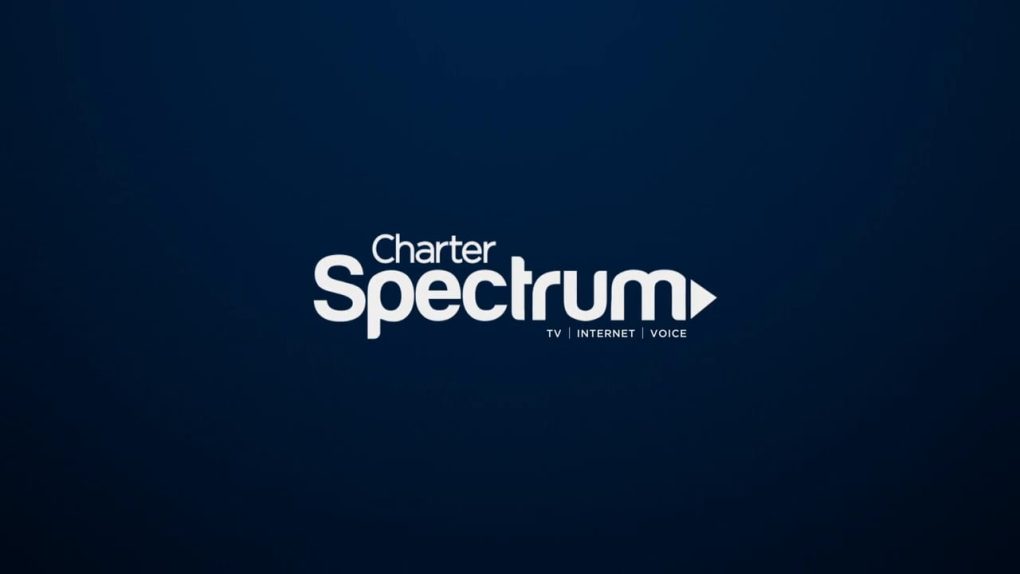If you’re one of Charter’s Spectrum Internet customers, get ready to hand over more of your money if you decide to quit the service.Charter has started alerting Internet customers via the latest monthly billing statement — way down in the fine print — that you’re essentially going to be charged for a full month’s worth of service when you cancel. That’s instead of being only charged a prorated amount.
“Effective on or after June 23, 2019, and consistent with the Terms and Conditions of Service, Spectrum will no longer provide a pro-rata credit for services sold on a monthly basis that are canceled prior to the end of the current billing month,” the company explained on the statement to customers.
The website Stop the Cap spotted the language earlier this month, noting that this applies even if you downgrade or cancel your service in the middle of a billing cycle. That, of course, should make it obvious that the best time to cancel your service under these new terms would be as close to the end of a billing period as possible.
There’s been some reporting about Charter’s language to customers, pointing out that this new policy is “consistent with the Terms and Conditions of Service.” That could be an indication that the policy only applied to cable TV before and now extends to other aspects of the company’s business.
Comcast, the only rival bigger than Charter, still apparently charges customers a prorated final bill. And while Charter’s new policy presumably extends to as much of its 41-state market as possible, there are rules in some states that prohibit this kind of thing. DirecTV, for example, can’t pursue its similar practice of charging a full month upon cancellation in states like California and New York.
Stop the Cap’s report points out that a policy like Charter’s can be particularly onerous when a customer cancels, say, during the first week of a new billing cycle. In that case, they’ve used one week of service but would be paying for about three more they don’t need and won’t use. Nevertheless, the beleaguered cable industry has been increasingly moving toward this practice, the site goes on to note.








